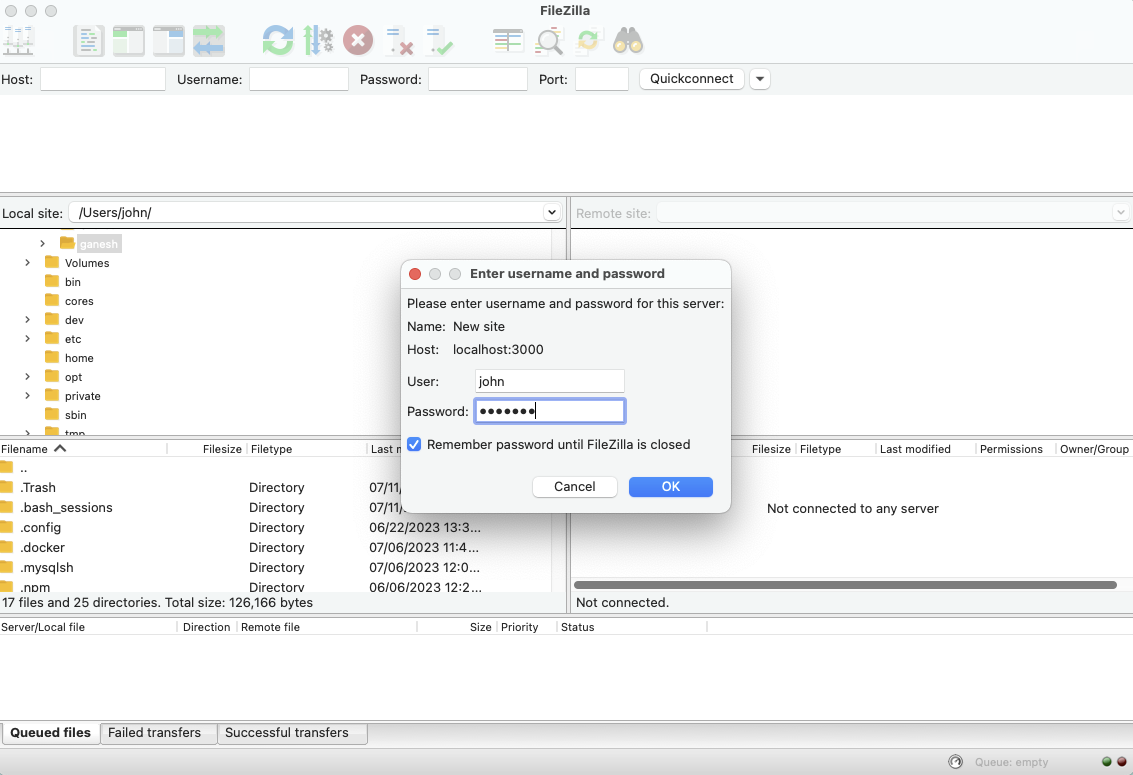In today's interconnected world, remote SSH (Secure Shell) is becoming increasingly important for managing IoT (Internet of Things) devices securely and efficiently. As businesses and individuals rely more on IoT devices for automation and monitoring, selecting the right device that supports remote SSH is crucial. This guide will explore the best IoT devices available for remote SSH, providing in-depth insights into their features, security protocols, and performance metrics.
Whether you're a tech enthusiast, a developer, or a business owner, understanding the capabilities of IoT devices that support remote SSH is essential. This technology allows you to access and control devices from anywhere in the world, ensuring seamless operations and real-time troubleshooting.
In this article, we'll delve into the top IoT devices for remote SSH, covering everything from hardware specifications to software compatibility. By the end of this guide, you'll have a clear understanding of which devices best suit your needs and how to implement them effectively.
Read also:Unlocking The Potential Of Wewillwritecom A Comprehensive Guide To Boost Your Writing Career
Table of Contents
- Overview of IoT Devices for Remote SSH
- Key Criteria for Selecting the Best IoT Device
- Top IoT Devices for Remote SSH
- Raspberry Pi: The Popular Choice
- ESP32: Compact and Versatile
- BeagleBone: Powerhouse for Developers
- Security Considerations for Remote SSH
- Performance Metrics for IoT Devices
- Software Compatibility and Customization
- Comparison of IoT Devices
- Conclusion and Call to Action
Overview of IoT Devices for Remote SSH
IoT devices have revolutionized the way we interact with technology. When it comes to remote SSH, these devices offer unparalleled convenience and security. Remote SSH allows users to securely access and manage devices over the internet, making it an indispensable tool for modern IT infrastructure.
Choosing the right IoT device for remote SSH involves considering several factors, including processing power, connectivity options, and security features. In this section, we'll explore the importance of remote SSH in IoT applications and why it's critical for ensuring secure device management.
Key Criteria for Selecting the Best IoT Device
When selecting an IoT device for remote SSH, it's essential to evaluate specific criteria to ensure you choose the most suitable option. These criteria include:
- Processing Power: Devices with robust processors can handle complex tasks and multiple connections.
- Connectivity: Wi-Fi, Ethernet, and cellular options are crucial for reliable remote access.
- Security Features: Strong encryption and authentication protocols protect against unauthorized access.
- Software Support: Compatibility with popular SSH clients and servers enhances usability.
Top IoT Devices for Remote SSH
Several IoT devices stand out as top contenders for remote SSH applications. Below, we'll discuss some of the most popular options, including their specifications and capabilities.
Raspberry Pi: The Popular Choice
The Raspberry Pi is a well-known single-board computer that excels in IoT applications. It offers a range of models, each tailored to different use cases. The Raspberry Pi 4, for instance, features a quad-core processor and up to 8GB of RAM, making it ideal for demanding SSH tasks.
ESP32: Compact and Versatile
The ESP32 is a compact yet powerful IoT device designed for wireless communication and low-power consumption. It supports both Wi-Fi and Bluetooth, making it a versatile choice for remote SSH applications. Its affordability and ease of use make it a favorite among hobbyists and professionals alike.
Read also:Discover The Wonders Of Forest Park Zoo Springfield A Familyfriendly Adventure
BeagleBone: Powerhouse for Developers
The BeagleBone Black is another prominent IoT device known for its robust performance and developer-friendly design. With a 1GHz ARM Cortex-A8 processor and built-in Ethernet, it provides reliable connectivity and processing power for remote SSH operations.
Security Considerations for Remote SSH
Security is paramount when it comes to remote SSH. Ensuring your IoT devices are protected against cyber threats requires implementing best practices such as:
- Using strong passwords or public key authentication.
- Enabling two-factor authentication (2FA) for added security.
- Regularly updating firmware and software to patch vulnerabilities.
According to a report by Symantec, over 50% of IoT devices are vulnerable to medium or high-severity attacks. By prioritizing security, you can mitigate these risks and ensure the safe operation of your devices.
Performance Metrics for IoT Devices
Evaluating the performance of IoT devices for remote SSH involves analyzing several metrics:
- Latency: The time it takes for data to travel between the device and the server.
- Throughput: The amount of data that can be transferred per second.
- Reliability: The consistency of performance under varying conditions.
Devices like the Raspberry Pi and BeagleBone offer superior performance metrics, making them ideal for demanding SSH applications.
Software Compatibility and Customization
Software compatibility is a critical factor when selecting an IoT device for remote SSH. Many devices support popular operating systems such as Linux and open-source software, allowing for extensive customization. For example, the Raspberry Pi can run a variety of Linux distributions, including Raspbian and Ubuntu, enabling users to tailor the device to their specific needs.
Comparison of IoT Devices
To help you make an informed decision, we've compiled a comparison table of the top IoT devices for remote SSH:
| Device | Processor | RAM | Connectivity | Price |
|---|---|---|---|---|
| Raspberry Pi 4 | Quad-core Cortex-A72 | 2GB/4GB/8GB | Wi-Fi, Ethernet | $35-$75 |
| ESP32 | Dual-core Tensilica LX6 | 520KB SRAM | Wi-Fi, Bluetooth | $8-$15 |
| BeagleBone Black | 1GHz ARM Cortex-A8 | 512MB | Ethernet | $50-$60 |
Conclusion and Call to Action
In conclusion, selecting the best IoT device for remote SSH requires careful consideration of various factors, including processing power, connectivity, security, and software compatibility. Devices like the Raspberry Pi, ESP32, and BeagleBone offer excellent options for different use cases, each with its unique strengths and capabilities.
We encourage you to explore these devices further and choose the one that aligns with your specific needs. Don't forget to implement robust security measures to protect your devices from potential threats. If you found this guide helpful, please leave a comment below or share it with others who might benefit from the information.
For more insights into IoT technology and remote SSH, check out our other articles on the website. Stay informed, stay secure, and embrace the power of IoT!


